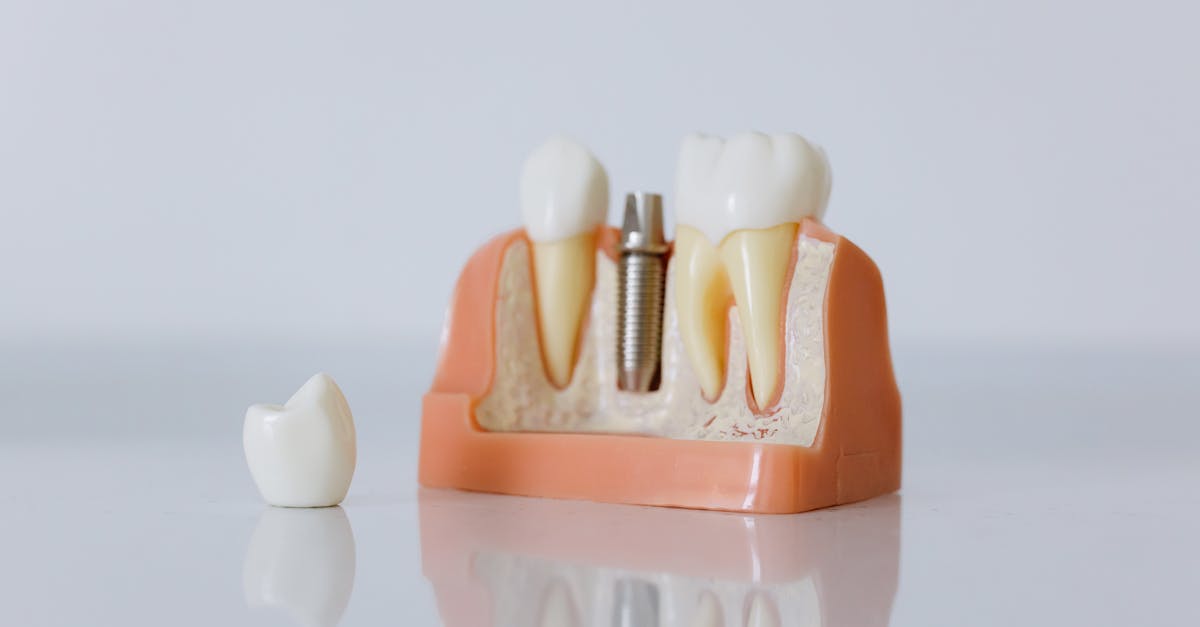Published on:
7 min read
Unlocking the Secrets of Dental Surgery: A Comprehensive Guide
Dental surgery can seem daunting, but understanding its nuances can empower patients. In this comprehensive guide, we will explore the various types of dental surgeries, what to expect during the process, and the recovery journey.

Understanding Dental Surgery
Dental surgery encompasses a wide range of procedures, from simple extractions to complex jaw surgery. These operations are typically performed by oral surgeons or dentists with specialized training. Common types of dental surgeries include tooth extractions, dental implants, and corrective jaw procedures. It's important for patients to be informed about what these procedures entail, as this knowledge can greatly reduce anxiety. Understanding the reasons behind a specific surgery, the techniques involved, and the potential outcomes can enhance patients' confidence in their healthcare choices.
Preparing for Your Dental Surgery
Preparing for dental surgery involves several crucial steps that help ensure a smooth procedure. First, patients should have a detailed discussion with their dentist or oral surgeon about the surgery, including any concerns or questions they may have. This conversation typically covers anesthesia options, what to expect on the day of the procedure, and post-operative care. It is also crucial to follow pre-operative instructions, such as fasting if anesthesia is involved. Patients may be advised to arrange for transportation, as the effects of sedation can impair driving capabilities. Thorough preparation can help alleviate fears and lead to better outcomes.
Post-Surgery Care and Recovery
Post-surgery care is a vital component of the dental surgery experience. After the procedure, it's common for patients to experience swelling, pain, and discomfort. Managing these symptoms involves taking prescribed medications, applying ice packs, and following a soft food diet. Maintaining oral hygiene is also crucial, but it should be done gently. Avoiding strenuous activity and smoking can facilitate a quicker recovery. Regular follow-up appointments should be scheduled to ensure proper healing and to address any complications. By adhering to post-operative care guidelines, patients can promote successful recovery and minimize discomfort.
Conclusion
Dental surgery may initially seem intimidating, but understanding the process can significantly ease anxiety. Patients who take proactive steps in learning about their procedure, preparing effectively, and caring for themselves post-surgery enhance their chances of a positive experience. Remember, communication with your dental professional is key to addressing concerns and achieving the best possible outcomes.
Published on .
Share now!










